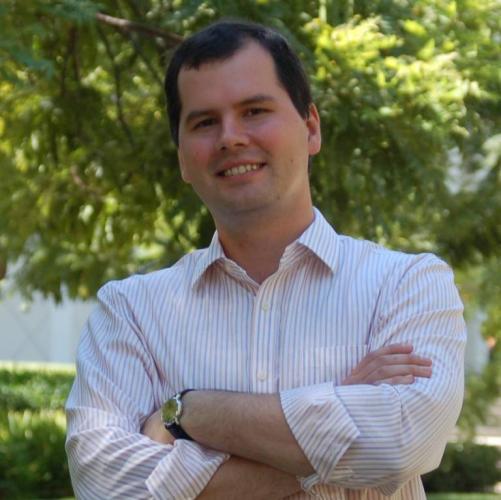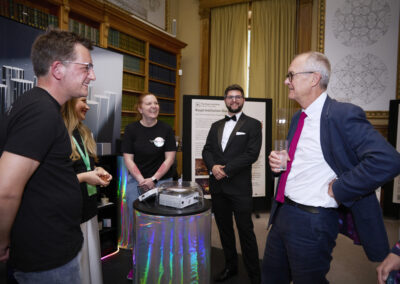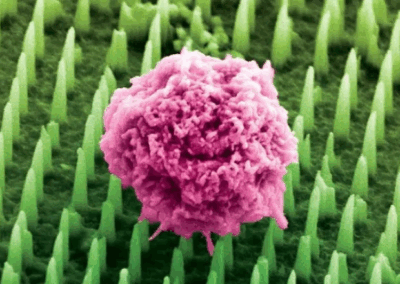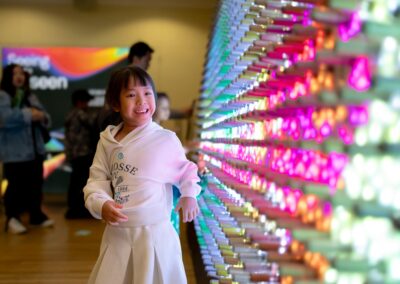Prof Andrei Faraon, Professor of Applied Physics and Electrical Engineering at California Institute of Technology, has been awarded a Leverhulme Trust Visiting Professorship at UCL from May to August 2021. The funding will support Faraon’s ongoing collaboration with the LCN via the Quantum Science and Technology Institute (UCLQ), in nanophotonics.
Faraon will host up to four seminars during his visit to the LCN. Researchers and students are encouraged to attend these seminars and contact Prof Fararon to dicuss new research collaborations.
The prestigious award will support Faraon’s research examining the optical and spin coherence of materials doped with ytterbium 171 with application in quantum technologies. His work will focus on further developing an optical setup for probing yterrbium 171-doped materials at dilution refrigeration temperatures in LCN labs.
Prof Faraon said, “We are exploring new ways to create on-chip quantum devices that combine nano-fabrication techniques and materials studied in my own laboratory at Caltech with devices developed at UCL. One avenue we are currently exploring is using crystals doped with lanthanides for quantum memories that could potentially be utilized in conjunction with superconducting quantum bits.”
Solid state materials doped with lanthanides or rare-earth materials, are very useful for several technologies related to the storage and transmission of quantum information. The objective of this collaboration between Faraon and UCLQ is to study the properties of ytterbium doped materials at very low temperatures using optical and microwave probes. This will enable quantum memories with faster reset times and higher storage efficiency for various quantum bits operating at microwave frequencies.
After a B.S. degree in physics at California Institute of Technology, Prof Faraon received his M.S. in Electrical Engineering and PhD in Applied Physics both from Stanford University in 2009. From 2009 to 2012 he was a postdoctoral fellow at Hewlett Packard Laboratories. During his PhD he was involved in seminal quantum optics experiments using single semiconductor quantum dots coupled to photonic crystal resonators. At HP, he pioneered quantum nano-photonic devices in single crystal diamond coupled to colour centres. Prof Faraon left HP in 2012 for a faculty position at Caltech where he works on nano-photonic technologies for both classical and quantum applications including: optically addressable quantum bits, optical quantum memories, microwave to optical quantum transduction, metasurfaces and metamaterials for multi-functional imaging applications.
He is the recipient of the 2018 Adolph Lomb Medal of the Optical Society of America, the 2015 National Science Foundation CAREER award, the 2015 Air Force Office of Scientific Research young investigator award and the 2016 Office of Naval Research Young Investigator Award.
Image:
Photo of Andrei Faraon (Credit: A. Faraon)



